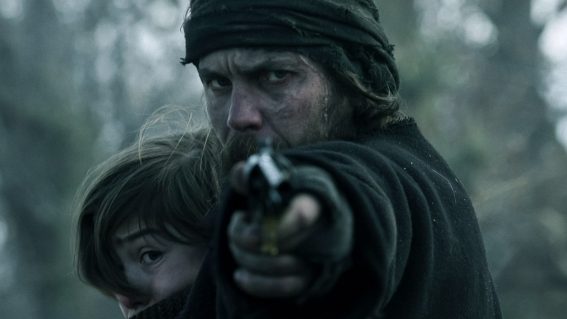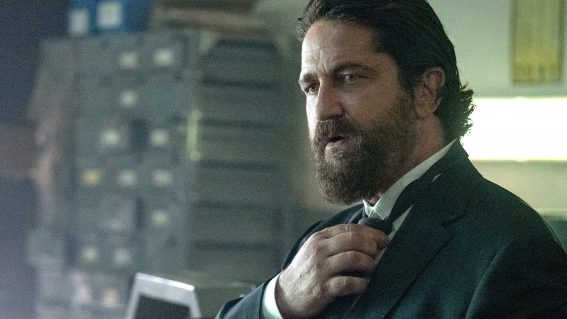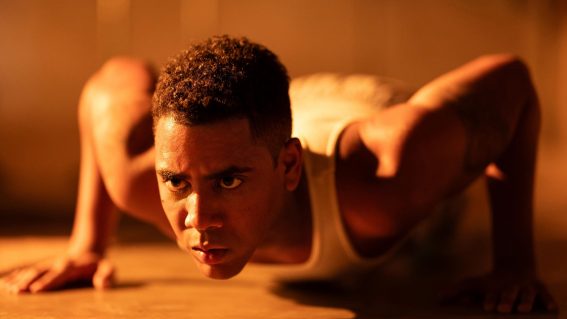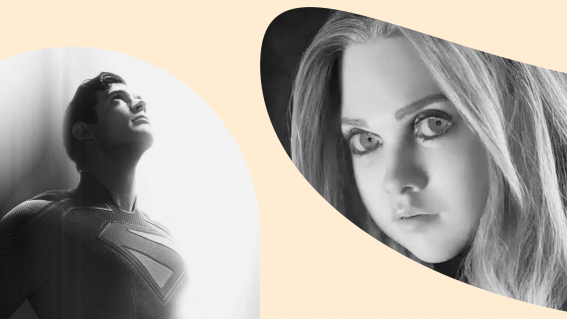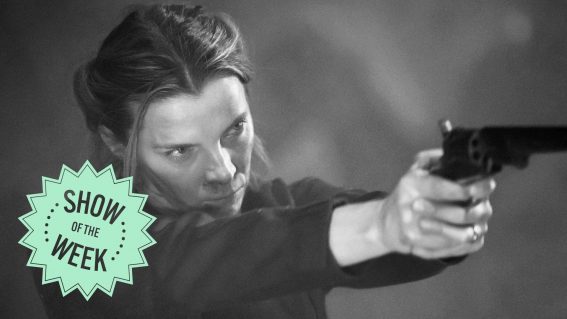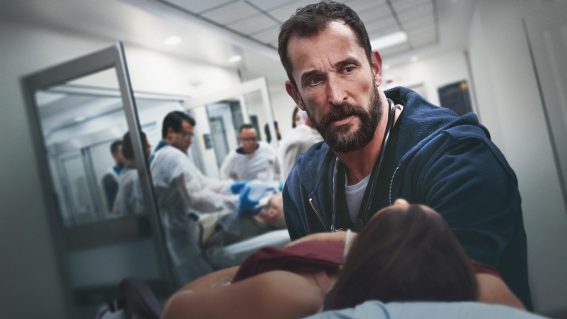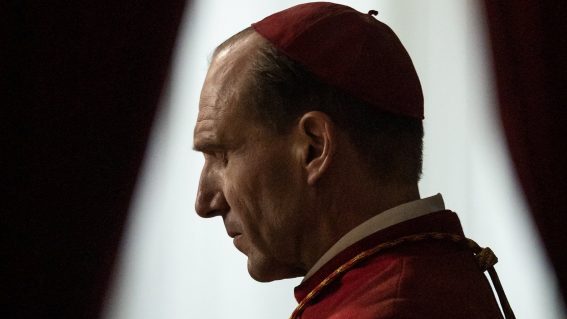Blake Lively is a great actor. When will she star in a great movie?

Former Gossip Girl star and Hollywood drawcard Blake Lively is a hugely talented performer who defies the common wisdom that an actor is only as good as the film they’re in, writes Luke Buckmaster.
Blake Lively has a knack for being the best thing about every movie she takes the lead in. The Junoesque actor projects an eternal kind of gravitas: the feeling she’d be a star during any era of motion picture history. News stories may focus on her wardrobe and fragrances, but Lively is an excellent actor who digs under the skin of her characters—bringing depth, gravitas and complexities to a range of roles and performative styles. The movies she headlines tend to be good (more on these in a moment) but her performances tend to be great.
Lively’s latest film, It Ends With Us, continues the trend. To say she lifts this adaptation of author Colleen Hoover’s best-selling novel of the same name is an understatement. Lively takes it to another stratosphere, playing protagonist Lily Bloom—vividly embodying her strengths, vulnerabilities, capacity for love and resolve to stand against male domestic violence, of which she’s a victim. Knowing almost nothing about it beforehand, I was surprised to discover a morally complex drama that rightly condemns the heinous behaviour of its male lead, without presenting him as a Hyde-like monster who’s pure evil personified.
He is Ryle (Justin Baldoni, also the director), a brain surgeon Bloom meets after he enters a rooftop in an angry funk, kicking over a chair. Their random encouner might in another film be described as a “meet cute,” but that term feels ill-fitting here given the heaviness of the interaction and the long shadow it casts. The ensuring drama revolves around their relationship, deploying flashback scenes to Lily’s teenage years that divulge the ugly truth about her recently deceased father (Kevin McKidd) and ultimately feed into a present-day decision, or epiphany, connected to the film’s title.
Lively makes lines that could easily have sounded over-written feel totally genuine. “The beauty of what a flower is has been lost,” Lily says in one scene, as she prepares to open the business she’s always wanted—a flower shop (yes: the film acknowledges she has an absurdly perfect name for this). That line feels earned, effortless, natural. As do other lines, also deceptively difficult, from 2015’s under-rated but tantalisingly imperfect The Age of Adaline—another romantic drama, but with a magical twist.
This film gives Lively’s eternal beauty a narrative justification. She plays the titular woman, who, after a dramatic incident involving a car crash and a strike of lightning, becomes—as its narrator explains—“immune to the ravages of time,” meaning she “will never age another day.” Director Lee Toland Krieger ponders the old “eternal life” chestnut, Adaline experiencing the pain of remaining the same while everybody she knows ages.
Given how silly the premise is, it’s remarkable how quickly we accept that Lively is this character, and how much we see age and experience reflected in her performance. Avoiding the obvious, Lively finds ways to hold herself, to readjust her poise, that imply disproportionate (relative to her looks) life experience. Ditto for how she talks, speaking in carefully measured and matured cadence, again not overdoing it. Lively is truly magnetic in this film, which emotionally consumed me until a hokey plot development in the final act undoes some of the good work, ushering in a “happily ever after” ending.
The same cannot be saiding of the ending of All I See Is You, despite that mawkish-sounding title. Lively is outstanding as a blind woman named Gina who undergoes an operation that successfully restores her sight, which, rather than leading to happiness, inadvertently puts strain on her marriage to her increasingly jealous husband (Jason Clarke). It’s an intensely melancholic performance in a film that’s for the most part visually interesting and well directed. But, like The Age of Adaline, it also has a frustrating ending, here a result of confusing and faintly preposterous plot developments. Still, it’s an emotionally complex journey.
Not so complex is the journey undertaken by Lively’s medical student Nancy Adams in The Shallows; after all, she’s shark bait. In this lean survival thriller the protagonist is stranded on a rock and other precarious small surfaces while a hungry shark circles, waiting for the tide to rise. Lively’s performance is physical and visceral; when memories of this movie fade, visions of her will remain.
She also brings real gut and oomph to the the 2020 revenge thriller The Rhythm Section, playing a sex worker-cum-killer who avenges her family. Lively looks wan, wretched, and borderline unrecognisable: hair cut short, eyes red, face splotchy. Her performance is bang-on but the film is bizarrely languid and soporific; nothing can ruse it from its stupor.
This article has focused on Lively’s leading performances, though there’s plenty of supporting roles to savour too—my favourite is probably her intimidatingly imprudent and, frankly, dodgy mother in A Simple Favour. But still the question beckons: we’ve seen great leading performances from Lively, but when will we see a great film that fully utilizes her talents?





